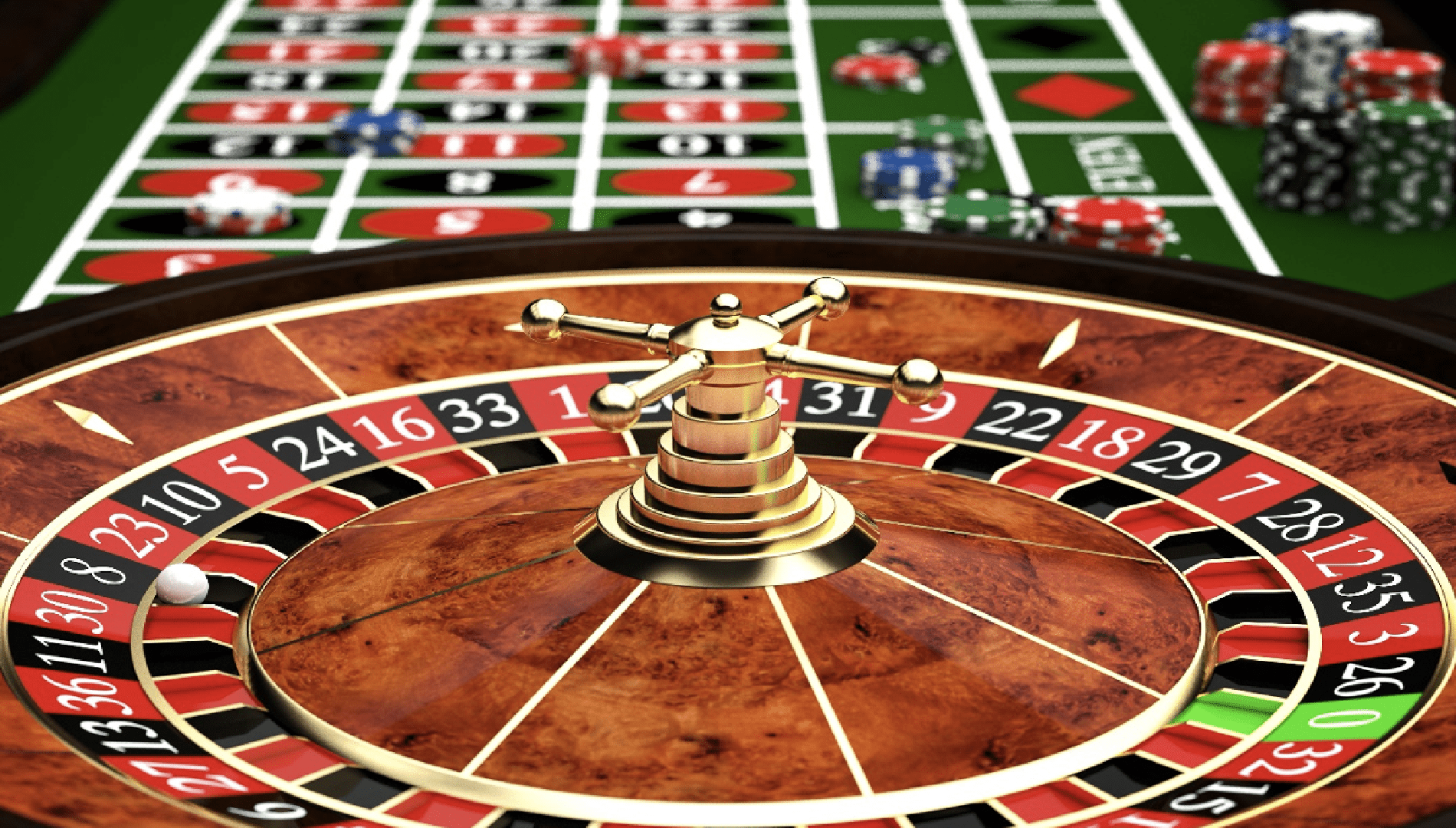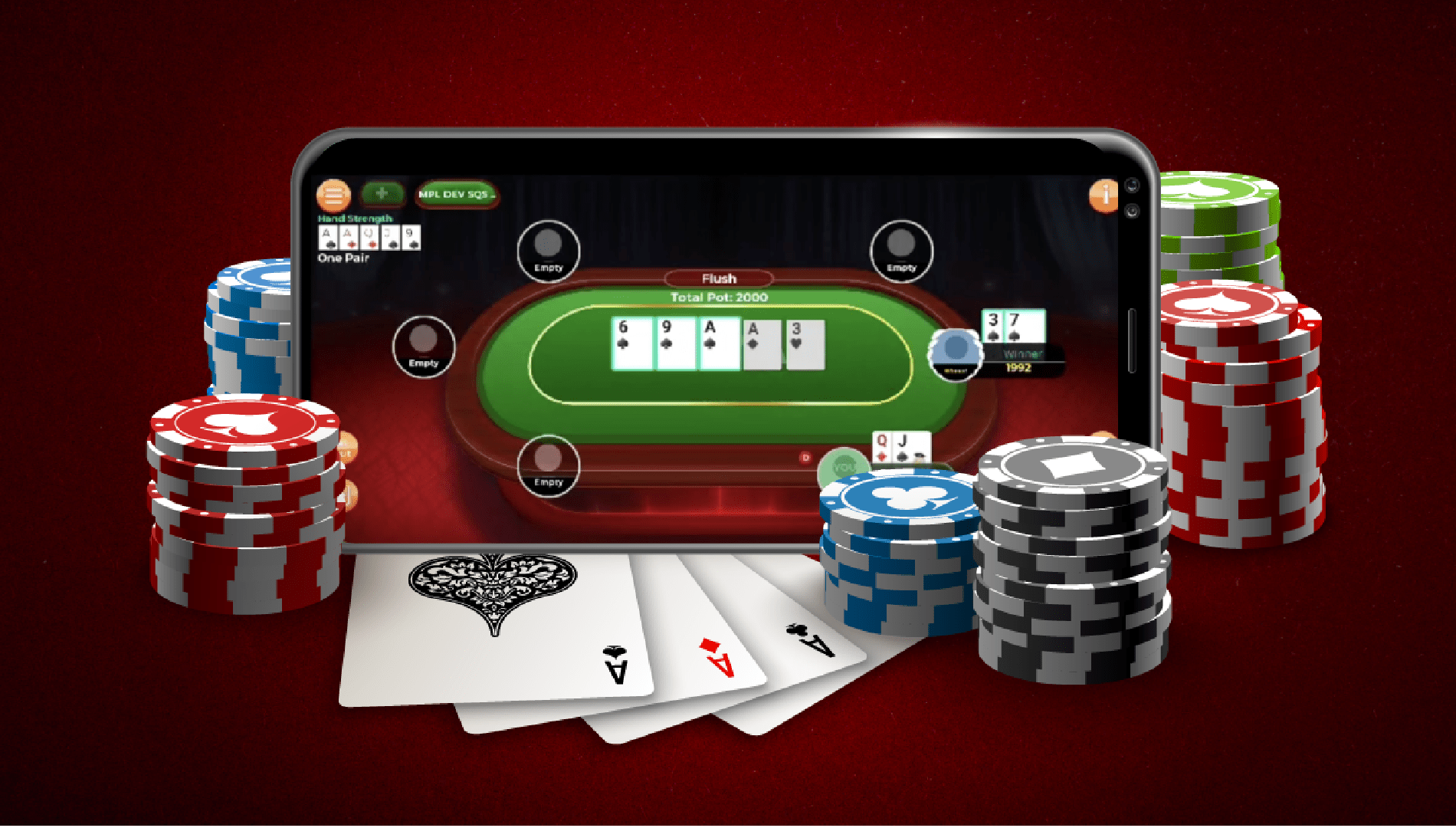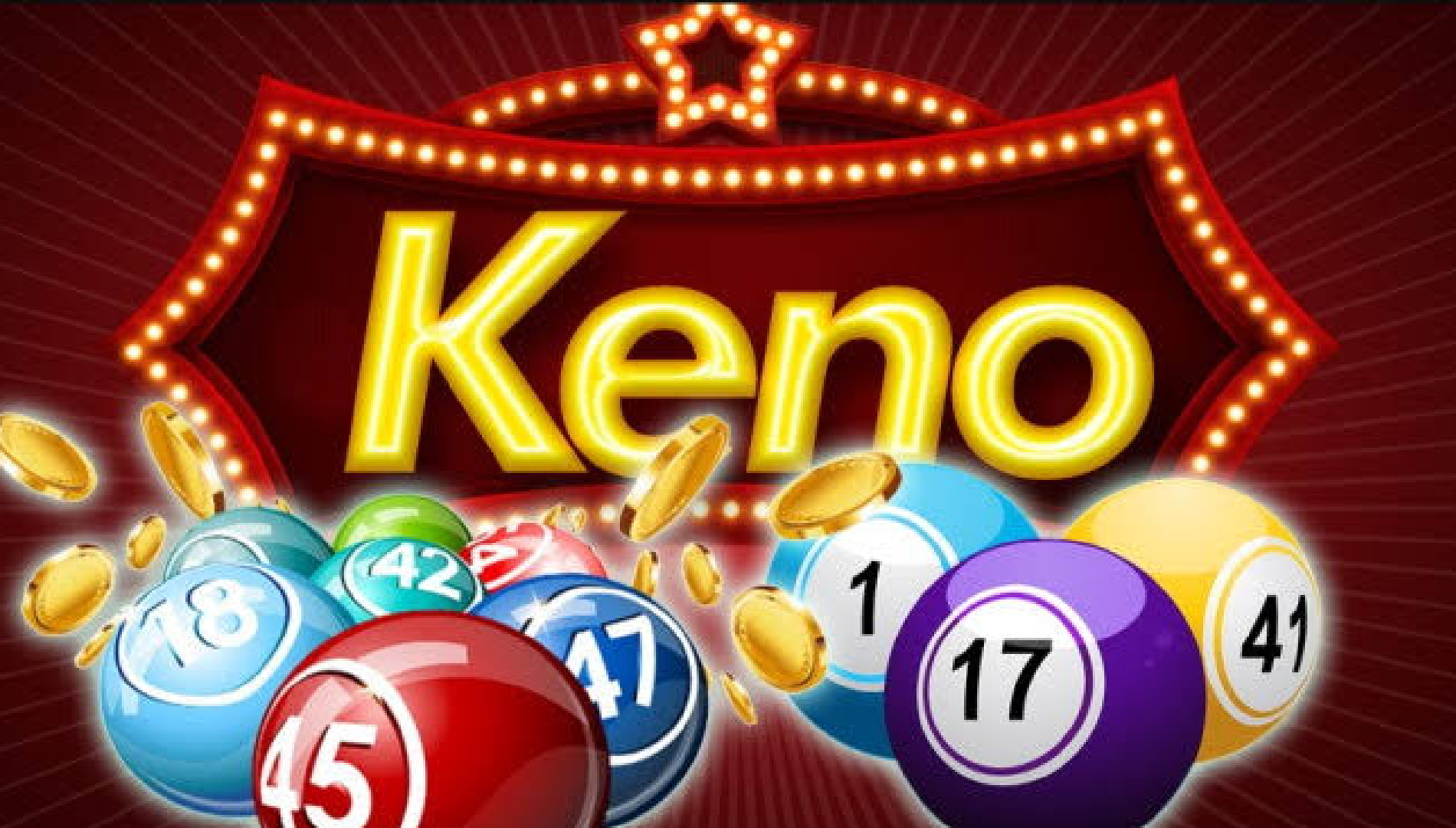ROULETTE CHEATS THAT HAVE ACTUALLY WORKED

The 4 roulette cheats methods that have actually worked are:
- Sleight of Hand
- Roulette Computers
- Biased Wheels & AP
- Rigged Wheels, Balls & Magnets
Sleight Of Hand
Pro cheaters frequently assume the roles of players at roulette tables with a lot of action. After years of practice, they have perfected their sleight of hand and extreme misdirection techniques.
Imagine being able to place a wager following the ball's landing on the wheel. Yes, there are those who have successfully completed the task. Greetings from the past posting art.
Have you ever noticed that the croupier places a piece of fiberglass on top of the straight-up bets on the winning number when the ball lands? Casinos began using this little device, known as "Dolly," to discourage dishonest players from placing chips on the winning number after the ball has landed.
The sharks concentrated their "skills" on the outside bets because it was nearly impossible for cheaters to bet directly on the winning number for a 35 to 1 payout at casinos. Here's an example of how it's done: There are several ways to post from the past. Richard Marcus, a well-known casino cheater, is the undisputed master of these kinds of strategies. You can read about his unique methods of cheating, such as The Savannah, The Roulette Mix-Up, and The Roulette Section, on his personal blog.
Collaborating with a croupier, the Chip Cup scam entails utilizing a small plastic prop known as the Chip Cup. When you exchange your money, the croupier then gives you $100 chips rather than $5 ones.
Tricksters, who frequently operate in groups, can take colored chips from other players' stacks, bets on the table, or even the dealer by using decoys and quick, well-coordinated movements.
Roulette Computers
Without examining the use of roulette computers, no article about roulette cheats would be complete. They pose a serious threat to roulette. Regarding them, polar opposite opinions exist. Some claim that they are ineffective in actual casino settings and that those who sell roulette computers to would-be cheaters are also con artists. Some assert that they are the sole means of successfully making a scientific prediction. Then there are others who would never use an illicit device in a casino and risk being arrested or physically assaulted by security personnel.
Others go to considerable lengths to locate casinos in distant nations where using computers there is not outright forbidden.
How Do Computers for Roulette Operate?
Because each roulette computer setup is unique, it can be challenging to comprehend how they operate. Usually, they are a collection of diverse tiny gadgets with distinct functions:
- The navigator. A device that uses laser scanning or human input to record wheel data The roulette ball and wheel track's relative positions, as well as their respective speeds, are recorded by the tracker device.
- The computation device. a standalone application or one that is built into a smartphone. It uses the tracker's data and performs intricate calculations in an attempt to predict the ball's landing location almost exactly.
- The headset. The player then receives an audio transmission through an earpiece with the calculator's prediction.
This idea might be feasible in theory. Take measurements, calculate the ball's landing place on the wheel using physics equations, and provide the player with this information so they can place the right wager. Additionally, there are a few examples that demonstrate the practicality of the concept of roulette computers.
Biased Wheels & AP
Taking advantage of the inefficiencies in the way the game is played is known as advantage play. One example of this "inefficiency" is the roulette wheel's potential bias in favor of particular numbers. A roulette wheel can never be 100% perfect; there will always be flaws that marginally favor one sector over another, even with the industry experience and strict quality control of the manufacturers. If you factor in the aging of the wheels—especially if they are not regularly inspected and maintained—this slight bias may worsen. Bias players identify and take advantage of these types of wheels' bias.
García Pelayo, a Spanish player, is the most well-known Bias player. He gathered information from thousands of roulette spins on various roulette wheels at Casino Gran Madrid during the 1990s. Subsequently, he employed a computer program to analyze the data and detected a significant bias in certain wheels. Pelayo and his family continued to carry out the same biased attack in different casinos across the globe. His narrative was made into a film and a documentary.
Rigged Wheels, Balls & Magnets
Rarely, cheaters have been known to rig roulette wheels or place an incredibly tiny, undetectable magnet on the ball to control it from a distance. This is carried out when the casino is closed to the general public, occasionally with the assistance of dishonest casino employees.
Pierre Dugal rigged the roulette wheel in the 1800s so that certain numbers would appear more frequently. He did this by hiding in the restroom after the casino closed.
Monique Laurent gained notoriety as the Frenchman with the cigarette pack in 1973. He used a tiny radio receiver to rig the roulette ball with the help of his brother, a croupier, and a transmitter concealed in a fictitious cigarette pack to control it. The team "won" more than $1 million over time before being exposed.
What do we do
We give you advice on how to get the most enjoyment out of your gaming, find the best casinos, play games, learn everything there is to know about playing online slots, and take advantage of some alluring bonuses.

Promoted Casinos
A casino promotion is a great way to increase patronage and frequency of visits. For illustration, a casino might give away free gifts or prizes to recent customers. It might also consider using other channels to spread the word about how to win at casinos. Current customers may also be rewarded with seasonal sales incentives. These kinds of promotions can boost client loyalty, but make sure to read the guidelines before participating in any promotional activity.



